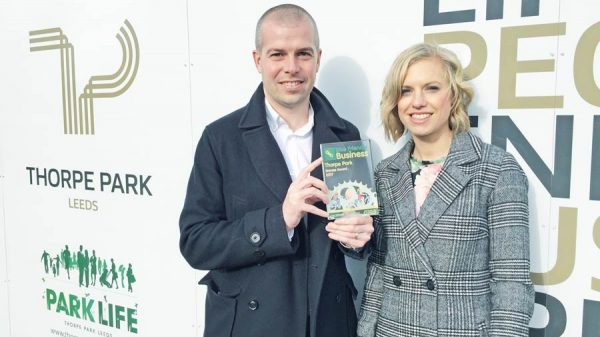There were 91,000 Looked After children (children and young people who are cared for by the Local Authority) in the UK in 2013. Over 60% of these children became Looked After as a result of abuse or neglect suffered within their own homes and their birth families. For the majority of these children and young people, the eventual safe return back to their birth parents is seen as the preferred option. However, this is not always a safe and appropriate prospect and unless adopted or cared for by extended family members, many children and young people are cared for by foster carers, sometimes up until they reach adulthood. Over 62,000 children are living with foster carer’s at this time.
Anybody can apply to be a foster carer, though there are a number of reasons why you would be automatically precluded, such as lack of a spare bedroom that can be used exclusively for your foster child, chronic ill health or some criminal convictions. It doesn’t matter if you are married, single, have children of your own, are cohabiting, divorced or in a same sex relationship. You may be on benefits, be renting your home or be retired. Applications will be welcomed from all those who can bring individual skills, knowledge and life experiences to the role. What is essential is that you have the time, patience and the energy to invest in another child. You will be, whether you are approved by the Local Authority or an Independent Fostering Agency, recompensed for your additional expenditure in addition to being a paid as a professional carer.
There a number of types of fostering and each Independent Fostering Agency or Local Authority may be slightly different in the type of children they place with their carers. For example some may specialise in placing children with learning difficulties, some may train their carers to care for children who have more complex psychological needs and some may specialise in placing children of different ethnicities with carers of the same ethnicity. Many of the younger children received into care simply need a safe, warm and loving home. Children needing placements can range from birth to 18 years
Fostering is a way to give children a family life if they are not able to remain in the care of their birth parents or members of their family. Fostering is not always easy but it gives you the opportunity to often make a huge difference to children’s lives.
The fostering network estimates that the UK fostering services need to recruit a further 9,000 foster families over the next year to meet the needs of children and young people being brought into care. If you might be interested in fostering, next month’s issue will concentrate on the process of becoming a foster carer.






